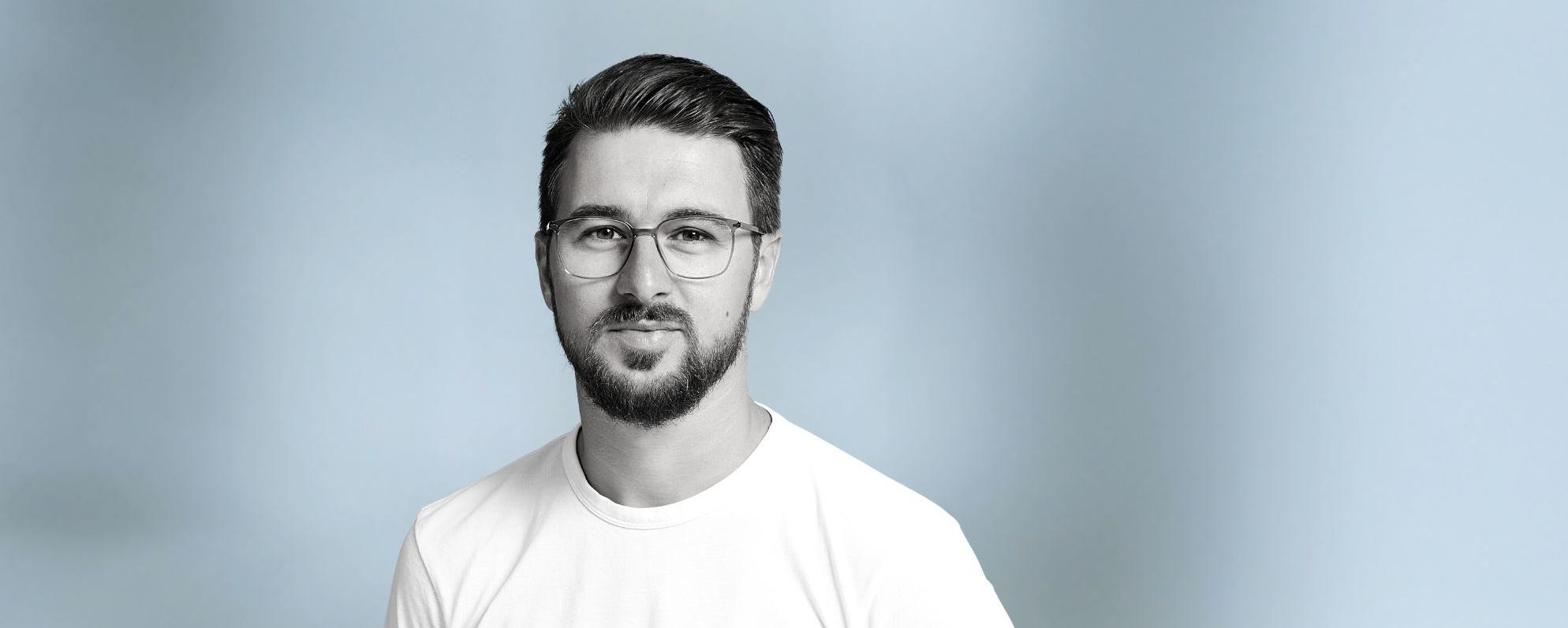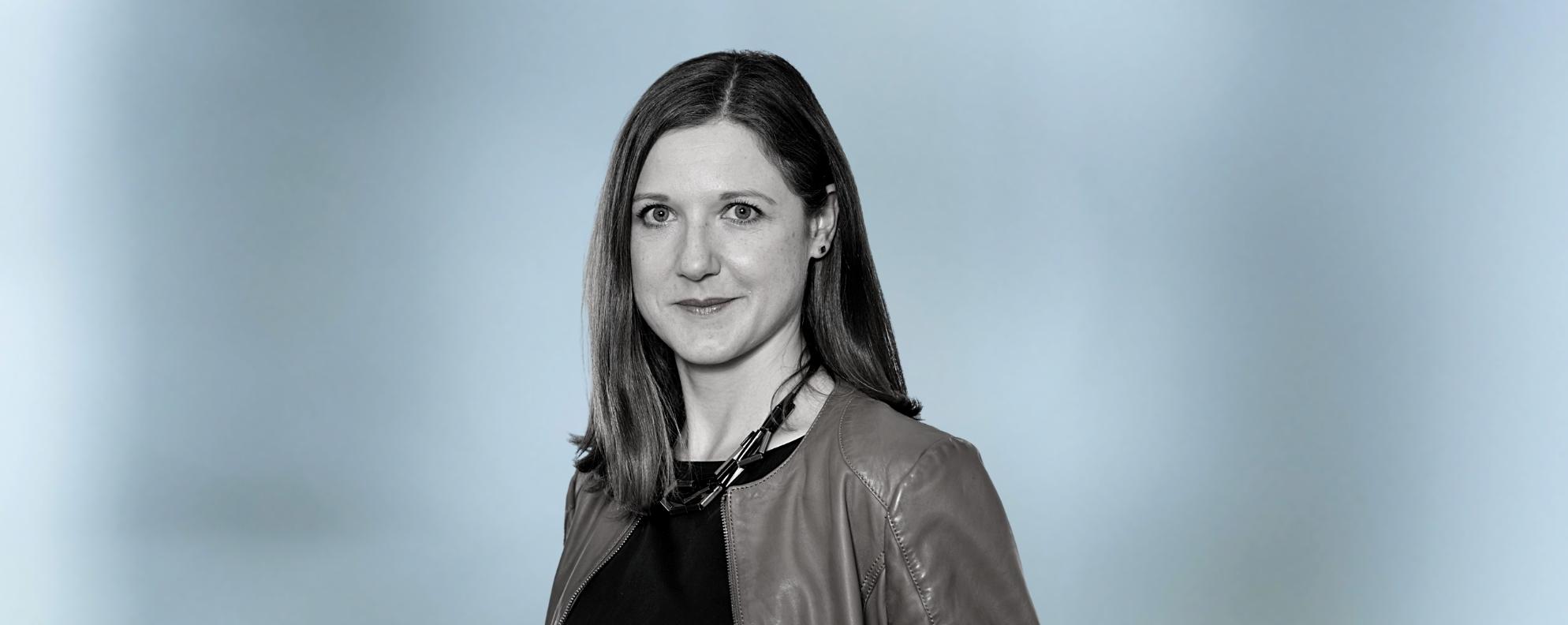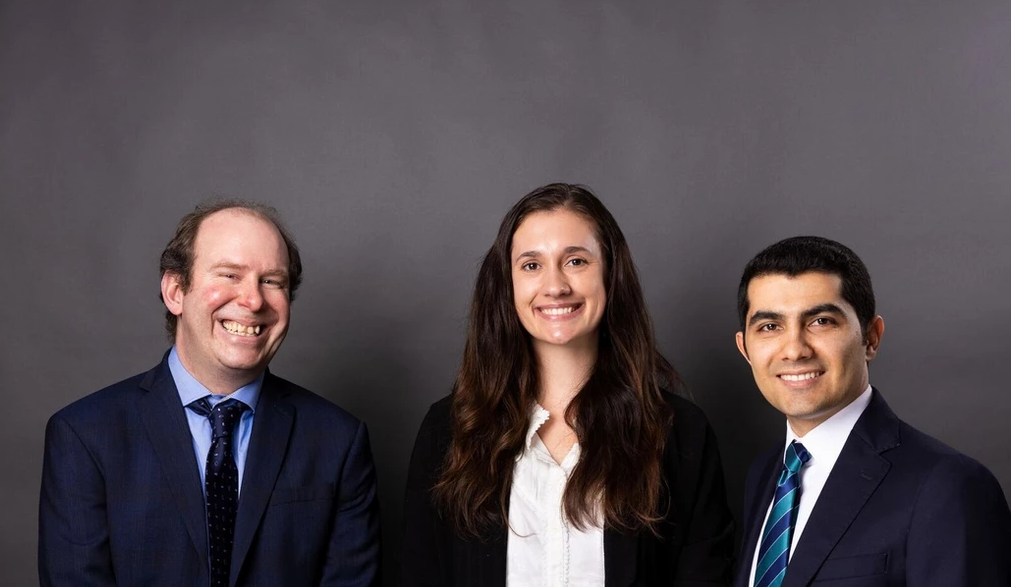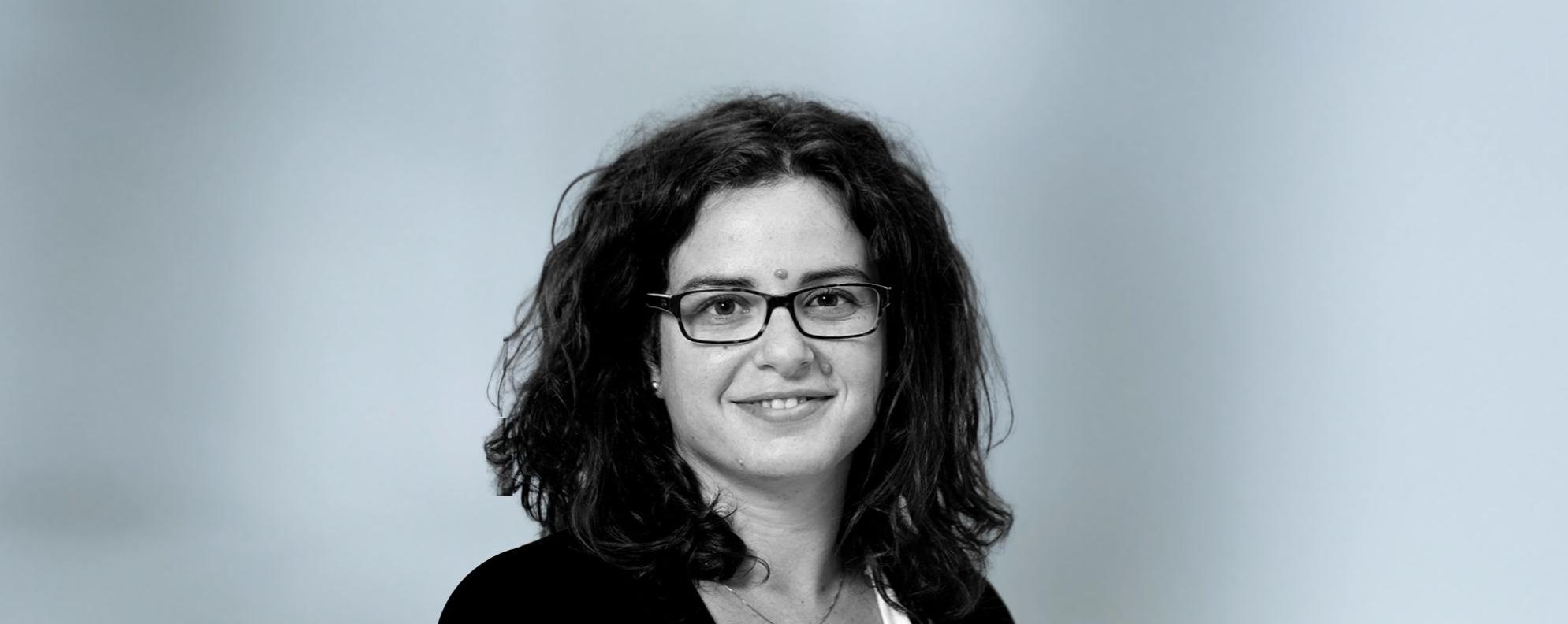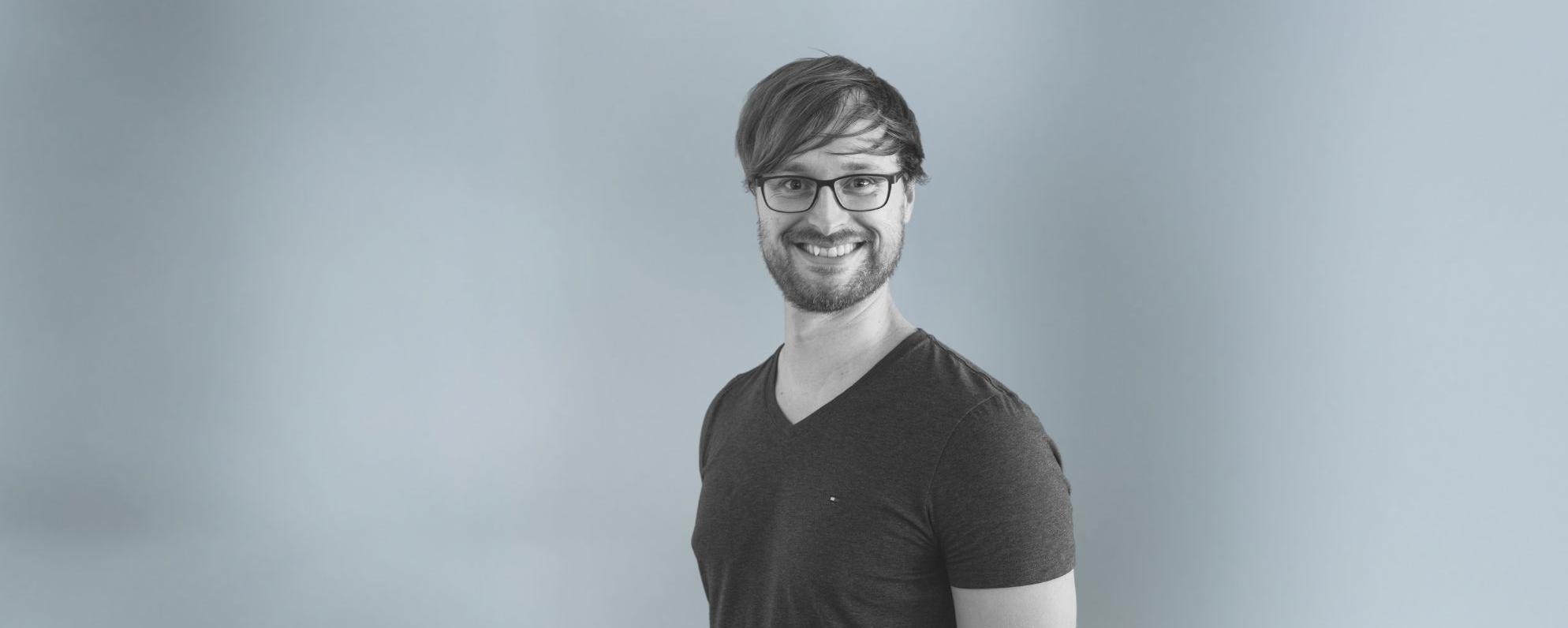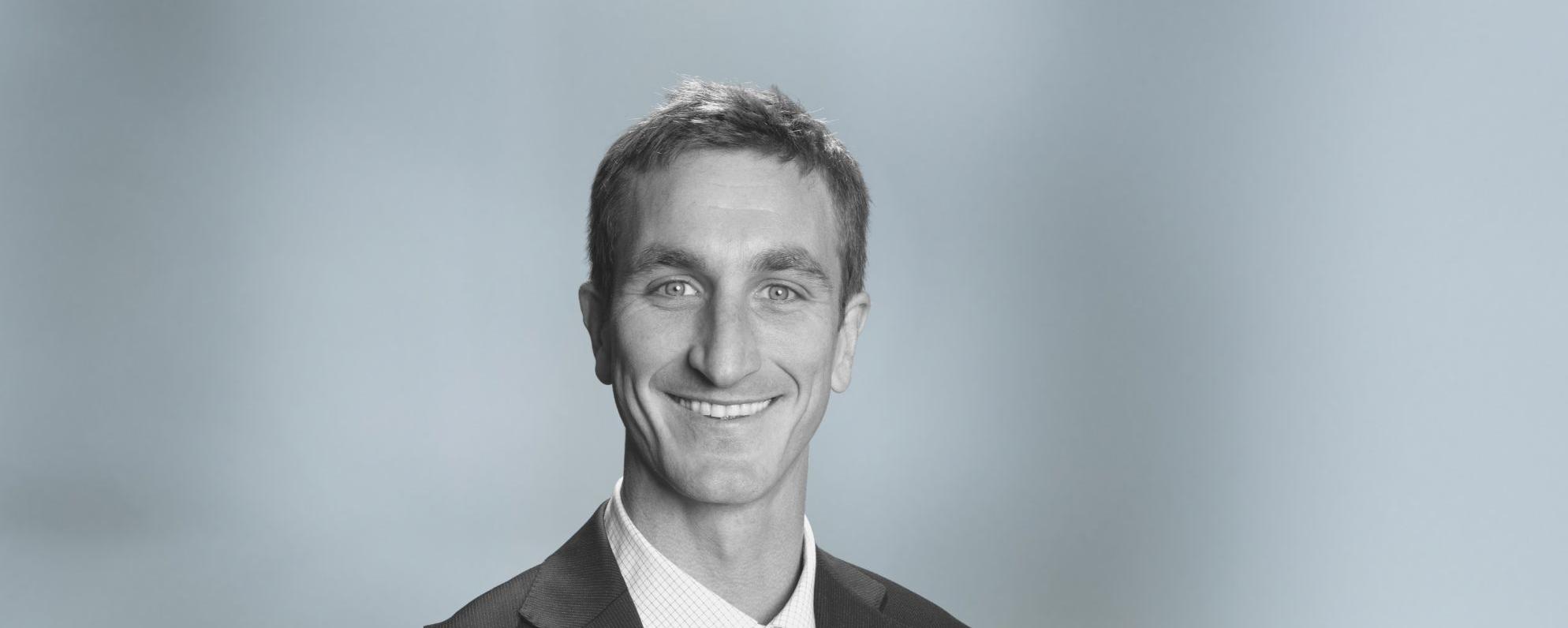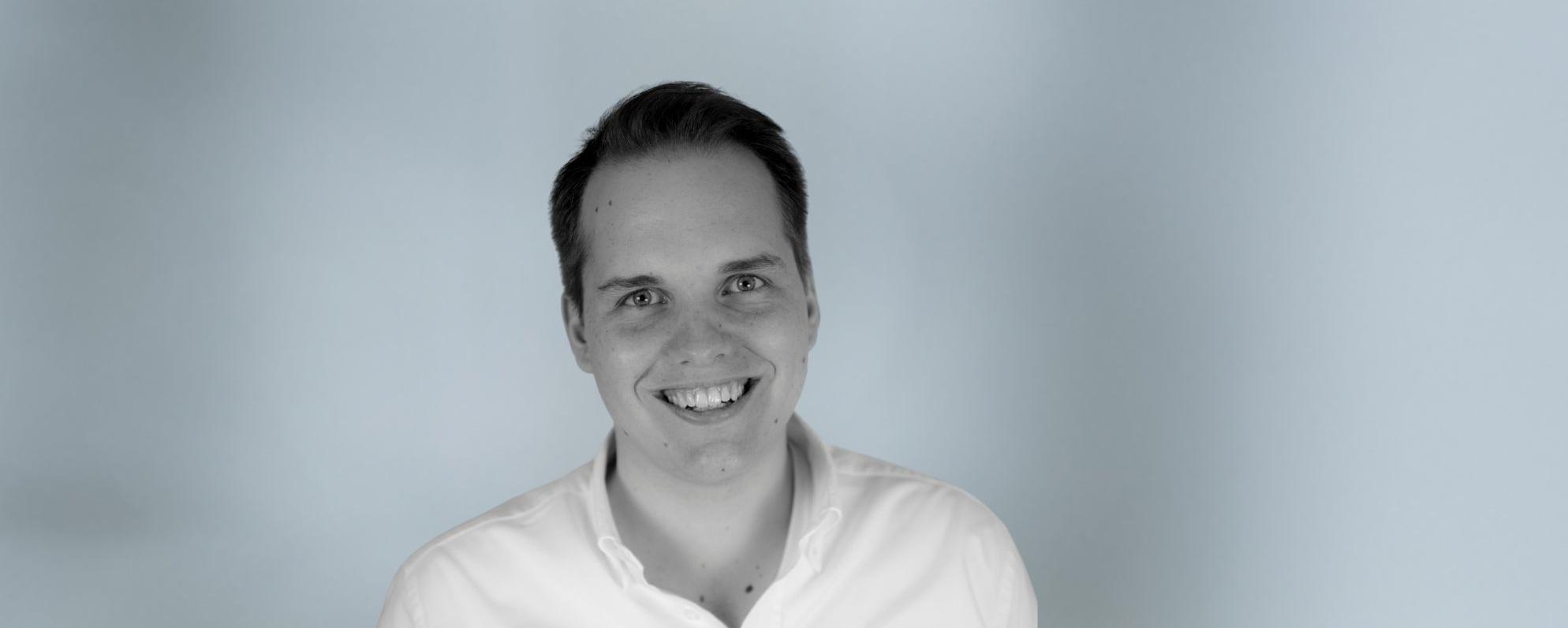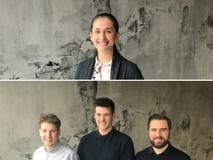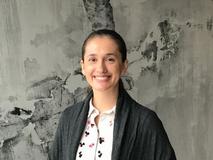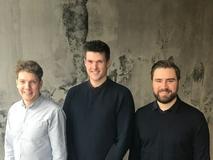DePoly co-founder and CEO Samantha Anderson is an inspiring entrepreneur who took some time out of her busy day to answer our questionnaire. DePoly is a Sion-based startup that closes the loop on PET production by recycling post-consumer PET plastic waste that then gets remade into new PET plastic. By implementing DePoly’s technology, millions of tons of waste plastic can be recycled back into the production system—instead of polluting landfills and oceans. The innovative approach also enables us to reduce our dependence on fossil-fuel-based products.
Switzerland boasts countless world-class startups, and our series puts the spotlight on some of the best and most inspiring entrepreneurs and founders to find out what motivates them, what they have learned, and what they do when they are not transforming the world with their innovations. To get this behind-the-scenes perspective, we ask each entrepreneur to complete a short profile and choose at least ten questions from a questionnaire about their personal and professional life. This week features Samantha Anderson, the co-founder and CEO of DePoly, a Venture Kick winner in 2019 and a TOP 100 Swiss Startup in 2020 and 2021.
DePoly CEO Samantha Anderson at the TOP 100 Swiss Startup Award 2020
 Name: Samantha Anderson
Name: Samantha AndersonLocation: Sion, Switzerland
Nationality: Canadian
Graduated from: EPF Lausanne with a PhD in chemistry
Job title: CEO of DePoly
Number of employees: 6 but soon to be 12
Money raised: CHF 1.3 million
First touchpoint with Venturelab: In 2019, for an Innosuisse Start-up Training
“DePoly creates a sustainable circular economy for plastics.”
Samantha, what are you most proud of?
Professionally, it would be what the team and company have achieved in the last year, particularly in light of COVID. Personally, I’m proud of my PhD.
What did you want to do with your life at age 12?
At 12, I wanted to do something with science, but I didn’t really know what—other than being a science teacher.
What is your morning routine?
I’m up between 7 a.m. and 7.30 a.m., and then I catch the train around 8 a.m. to 8.30 a.m. I typically don’t have breakfast, but if I know we’re on-site at the plant, I’ll make something quick to take on the train. During the commute, I try to answer any emails I can. By the time I get into Sion, it’s about 9.30 a.m. to 10 a.m., and I start on whatever tasks need to be completed for that day.
What is your evening routine?
Normally, I leave between 7 p.m. and 8.30 p.m., depending on my last meeting, or if we have any deadlines. On the train, I again answer any emails that I can. Otherwise, I try to decompress. I get home around 8.30 p.m. to 10 p.m., have dinner, and go to bed around midnight.
What is your lunch routine?
If it’s particularly busy, I eat at my desk and work through lunch. However, if we’re on-site at the plant, or if there isn’t anything pressing that needs to be finished, I go out and eat with the team.
What is always in your fridge?
Hot sauce. We constantly have a few different bottles in the fridge, and I use them for almost every meal.
What does your perfect vacation look like?
I really like exploring new places, so the perfect vacation would be traveling somewhere I’ve never been and getting to know the local culture, foods, and customs.
How and where did you come up with the idea for your startup?
There was a lot of information during my PhD that came out saying just how bad the plastic problem was—not just the plastic patches in the oceans, but also the problem with microplastics in our food chain, CO2, etc. Companies had come out saying that they were going to change, but for large corporations, that takes a really long time. So we (my co-founders Bardiya, Chris, and I) decided that we would just do it ourselves.
How did you come up with the name for your startup?
DePoly = depolymerization, which is the technique that we use to break apart the PET plastic.
Where and when are you most productive?
Mid-morning to mid-afternoon or just after supper, and the best location is the office.
What is your routine before an important meeting?
Go over previous notes from the first meeting (if there are any), make sure we have the right slides or documents ready, and if it’s the first time we’re meeting the company, research them beforehand. Then, follow up right away with any easy, immediate requests or NDAs/MTAs [non-disclosure agreement/material transfer agreement] that might be applicable.
What does success look like to you?
Success to me is seeing the team and company grow and making a change in the world. To me, that means that we solved a global problem and that our efforts were recognized.
DePoly SA: Closing the loop on PET plastic recycling
Every year 56 M tonnes of PET plastic is produced, but only 9% is recycled. This is largely due to the fact that for PET plastic to be recycled it needs to be clean, sorted, and can't be mixed with ot... Read more


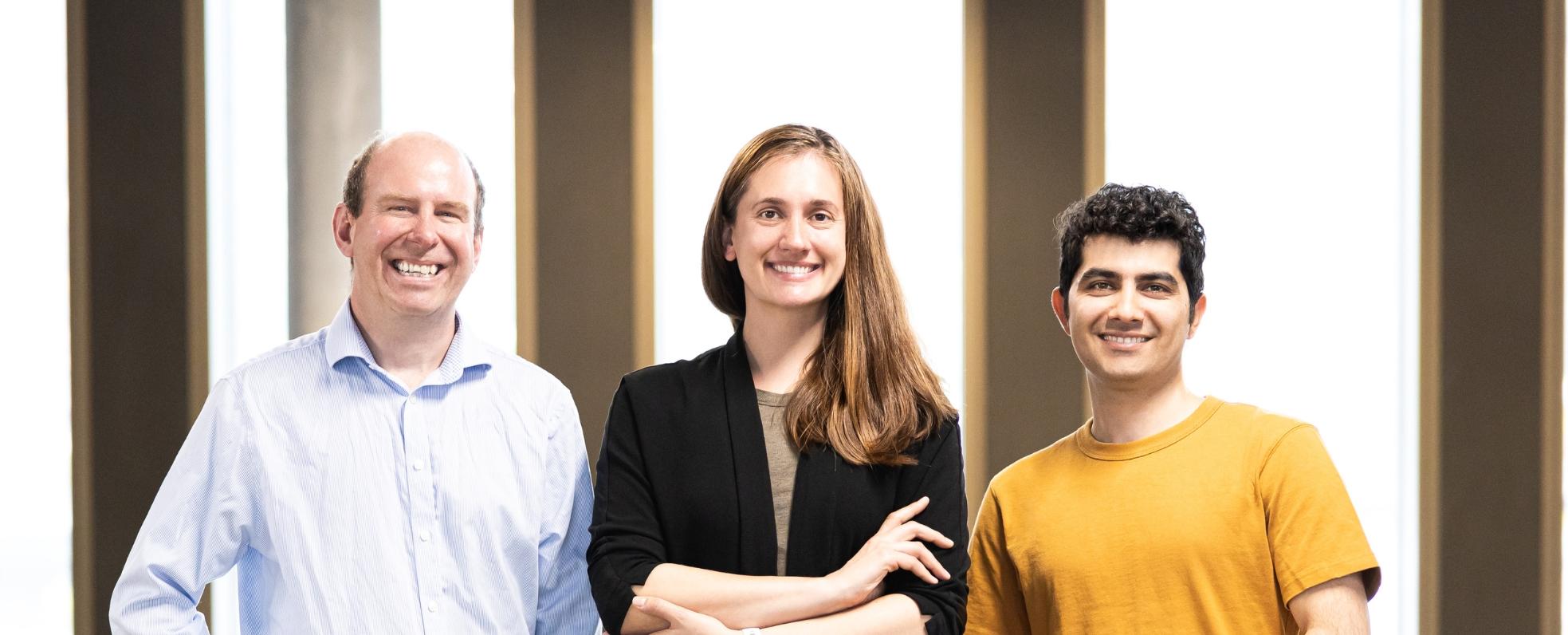
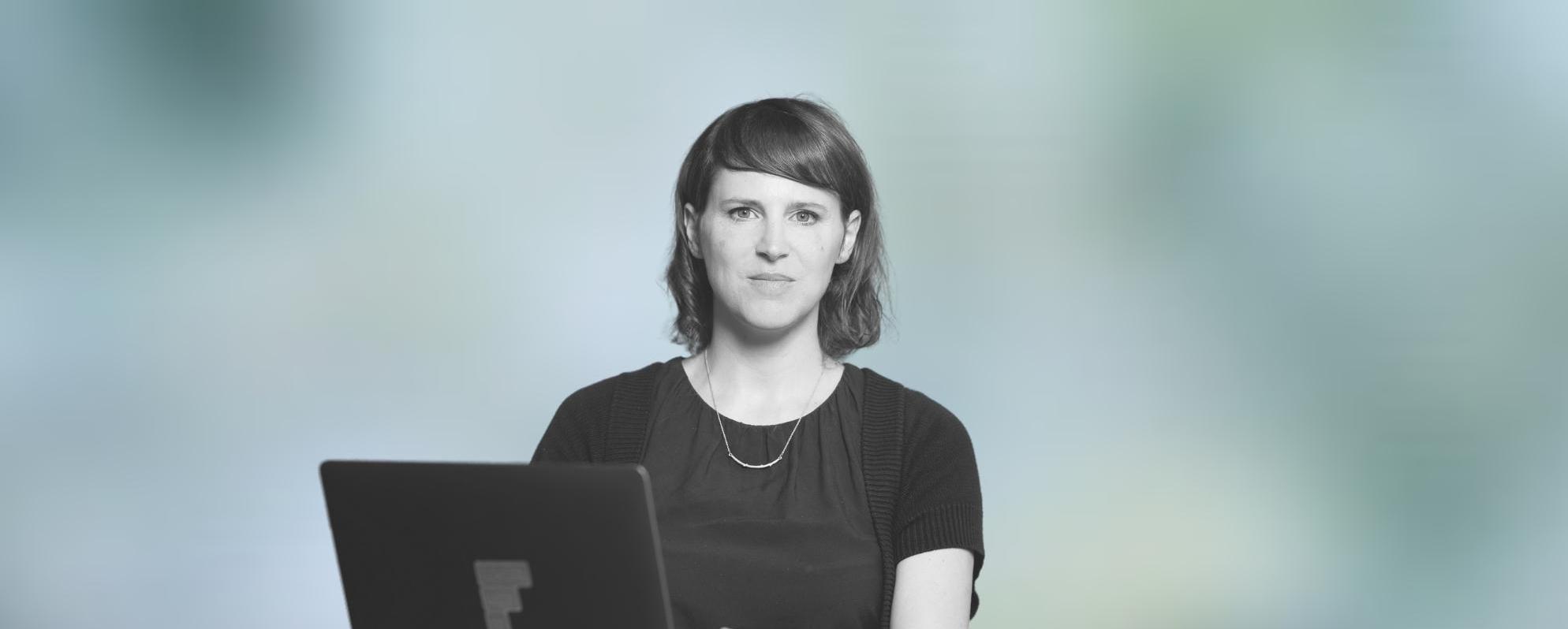
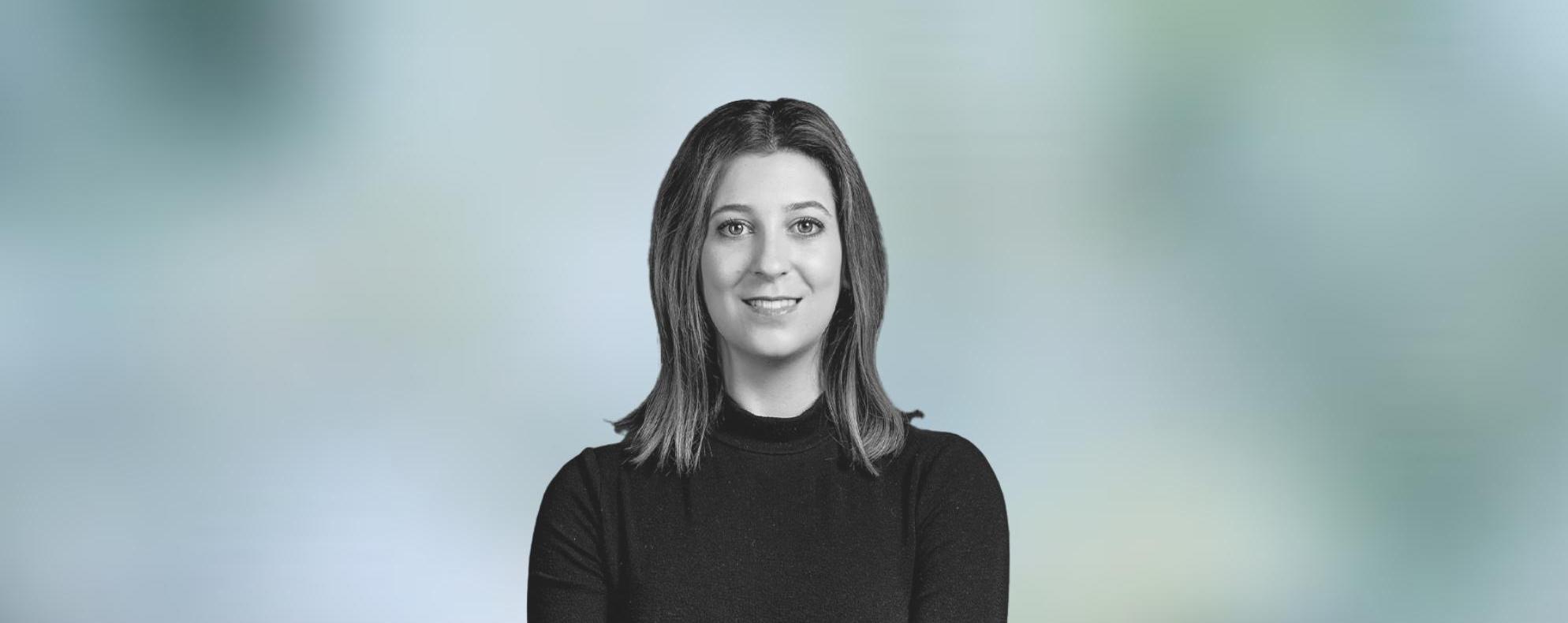
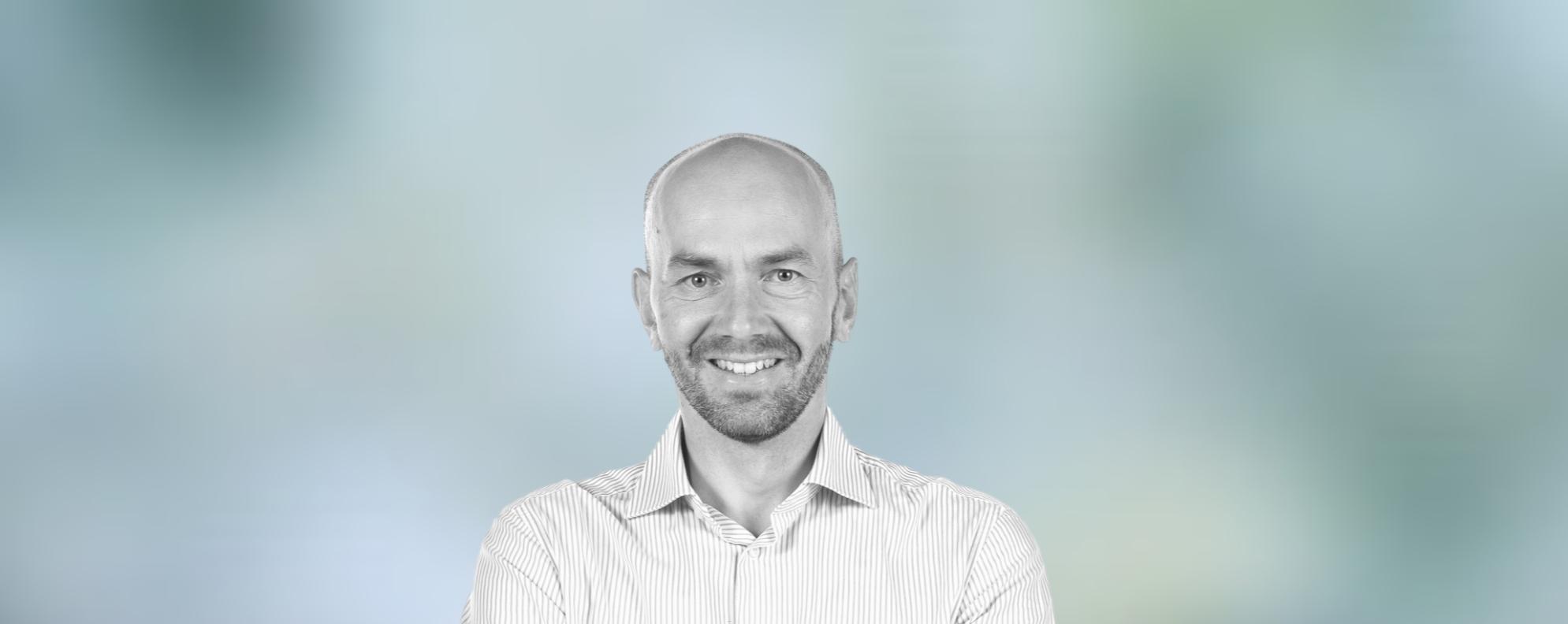
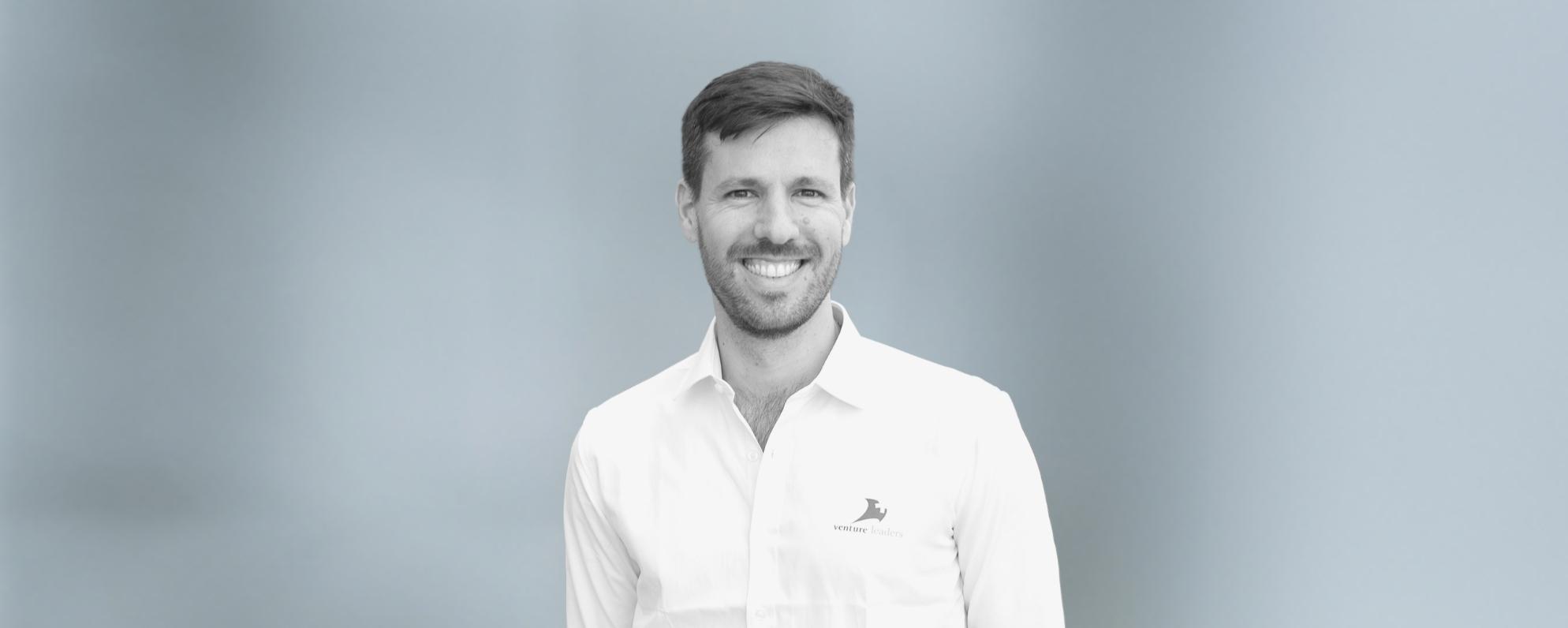
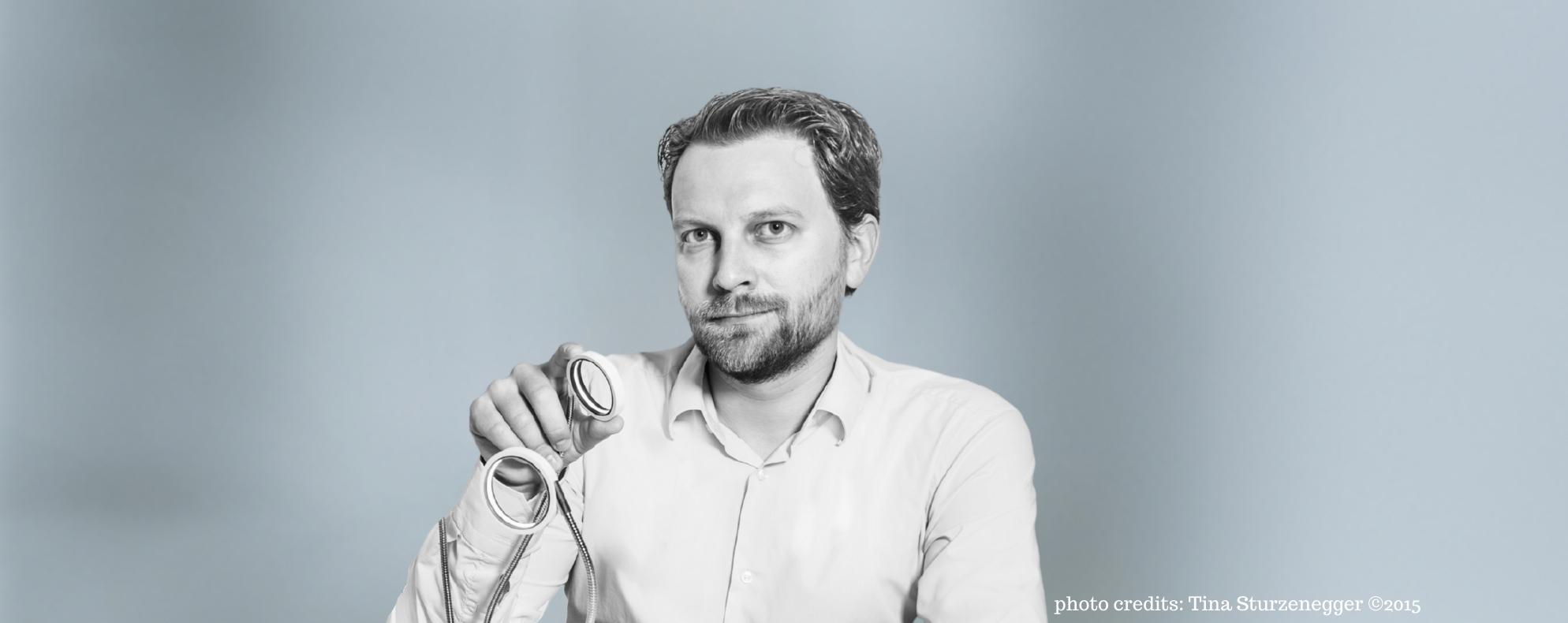
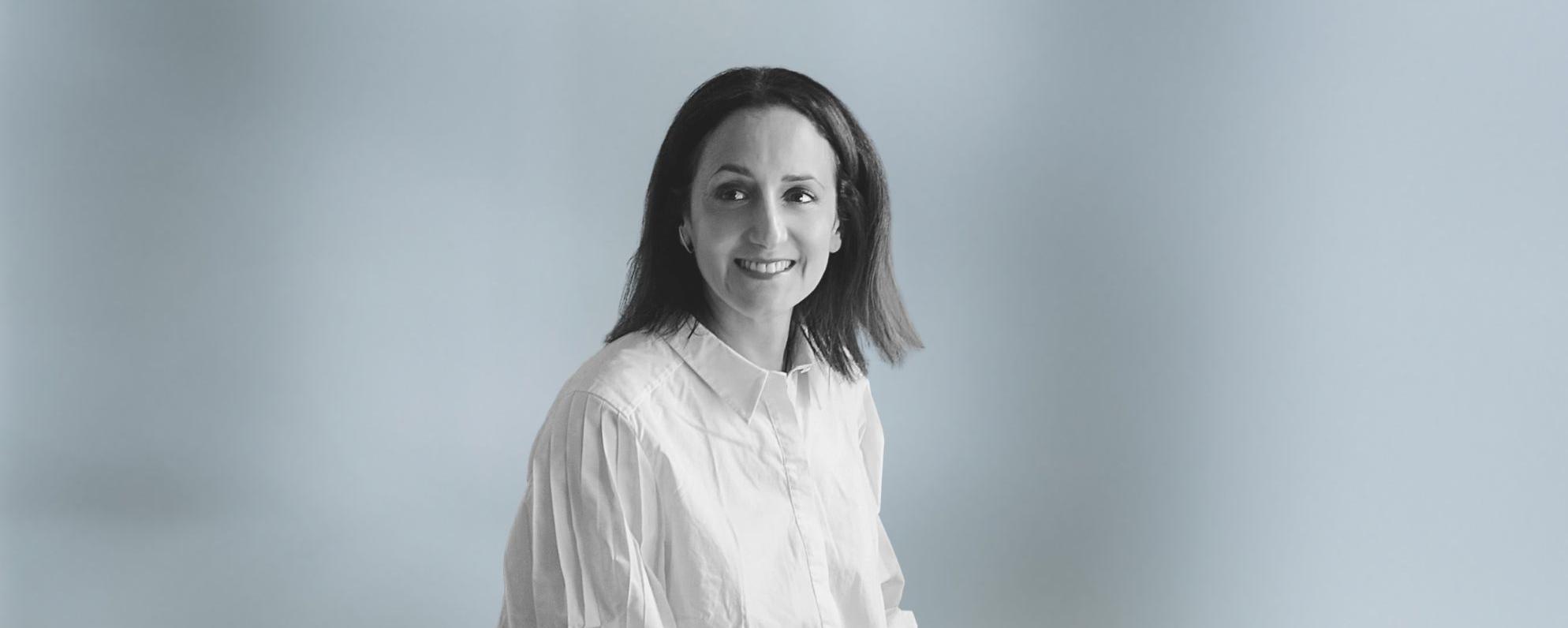
.jpg)
 (6).jpg)
